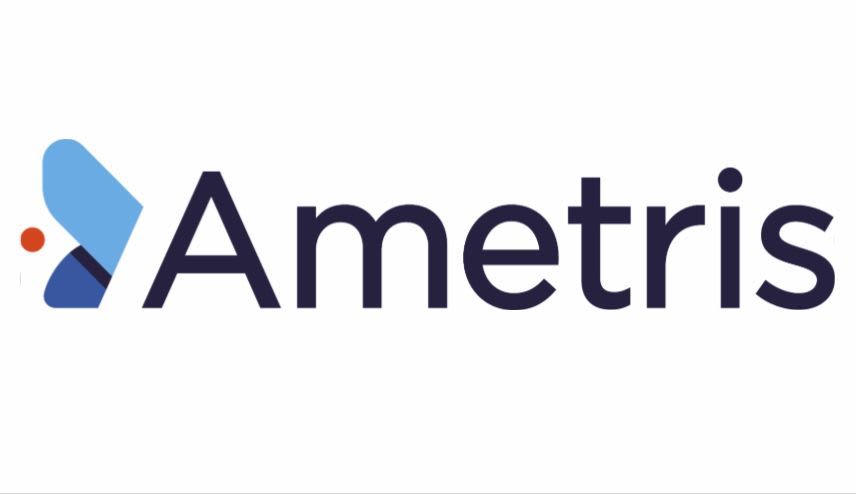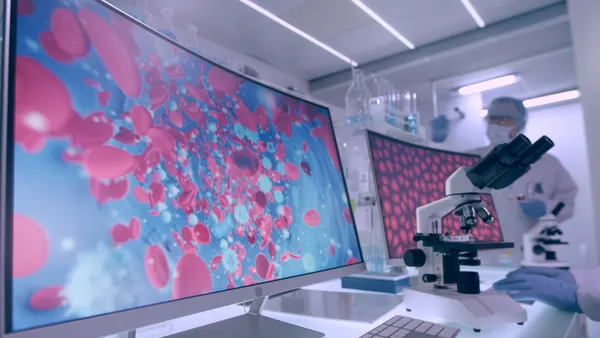2008 VIEW on Medical Education BLENDED LEARNING Proving the Value of CME Scott E. Weber Co-CEO William A. Mencia, M.D. Vice President, Education & Medical Affairs Med-IQ The ACCME is mandating that education providers become a bridge to quality healthcare and a partner for change by making education relevant to practice. One way to achieve this goal is to develop a blended educational strategy of knowledge based and patient case based material that maximizes the participant experience and offers multimedia formats to meet the varying learning needs of healthcare professionals. It is also important to employ an outcomes assessment tool that quantitatively and qualitatively measures the effect of CME activities, from immediate knowledge gain to applied behavior change to patient outcomes. While many CME providers focus on measuring outcomes after physician participation in an educational intervention, it is important to understand outcomes as a “continuum” that measures immediate and retained learning as well as changes in practice behavior. An educational design should allow for the assessment of individual participants’ baseline knowledge to determine whether immediate learning takes place during an activity and to better understand and measure retained and applied knowledge over an extended period of time after the educational intervention. This outcomes continuum provides for a better understanding of practice performance, as well as the identification of continuing needs and practice gaps. A Case Study in Self Directed, Individualized Learning In response to the increasing time challenges facing physicians and the industry imperative for individualized, self-directed learning, an interactive CME program, “Deep Vein Thrombosis:Your AtRisk Patients,” was developed. Deep vein thrombosis (DVT) and its clinical sequela, pulmonary embolism (PE), are the most common preventable causes of hospital death in the United States. Trauma, orthopedic surgery, and cancer patients receiving chemotherapy are at the highest risk. Difficulties using risk stratification tools and inconsistencies between evidence based guidelines account for challenges. A modular, video based Internet program with interactive questions allowed participants to select specialty case modules (orthopedic surgery, oncology, neurology), allowing for multiple specialties to participate within a single platform. This model provided the opportunity to measure learning (immediate, retained, and application) and built the foundations for future sequential learning models; and its results have helped to identify persistent and new gaps in knowledge and practice performance that are the basis of newer activities that specifically address these gaps. In the first six months, the program demonstrated statistically significant data supporting immediate learning across all specialties, with these data showing improved confidence among all participants. After 10 months, 953 specialists took part in the interventions with 95% indicating the program addressed competencies identified by their specialty (see chart above). The further development of sequential learning models focusing on individual physician practice performance and that align with the new standards of maintenance of certification (MOC) will only improve the level of continuing medical education and raise the standard for outcomes throughout the industry. Throughout the industry, there needs to be a continued commitment to developing education that is compliant with ACCME standards; that is focused on improving physicians’ medical knowledge and everyday performance; and that is ultimately able to demonstrate an impact on patient health. # Med-IQ MED-IQ, Baltimore, Md., is a full-service, accredited medical education company built around an experienced inhouse team of medical education experts, including physicians, pharmacists, and staff devoted to compliance, outcomes, technology, audience development, and innovative program design. For more information, visit mediq.com. Making A Case for Individualized Learning Participants Who Answered Correctly: Introduction Post Stroke Oncology Orthopedic Before (Baseline) 45% 76% 42% 77% Immediately After 63% (P < 0.001*) 92% (P < 0.01*) 73% (P < 0.001*) 87% (P < 0.05*) Retained Knowledge 30 Days After 61% (P < 0.001*) 73% (P = ns*) 59% (P < 0.001*) 86% (P < 0.05*) *Compared to baseline. Throughout the industry, there needs to be a continued commitment to developing education that is compliant with ACCME standards, and is focused on improving medical knowledge, everyday performance, and, ultimately, patient health. MedIQ has set itself apart as a leader in providing superior medical education. Our innovative attitude shows through in our many unique, convenient learning platforms, which #t every style of learning. Our fulltime, in house experts in clinical content development, outcomes measurement, and technology work together to ensure impeccable accuracy and clinical relevance in each of our programs. And compliance with all ACCME, OIG, and PhRMA regulations is a promise. Discover why, when it comes to CME, MedIQ is inspiring medical education. MedIQ Right From the Start 5523 Research Park Drive . Suite 210 . Baltimore, MD 21228 . 866 858 7434 www.MedIQ.com
An article from


Proving the Value of CME
Filed Under:
Commercialization










